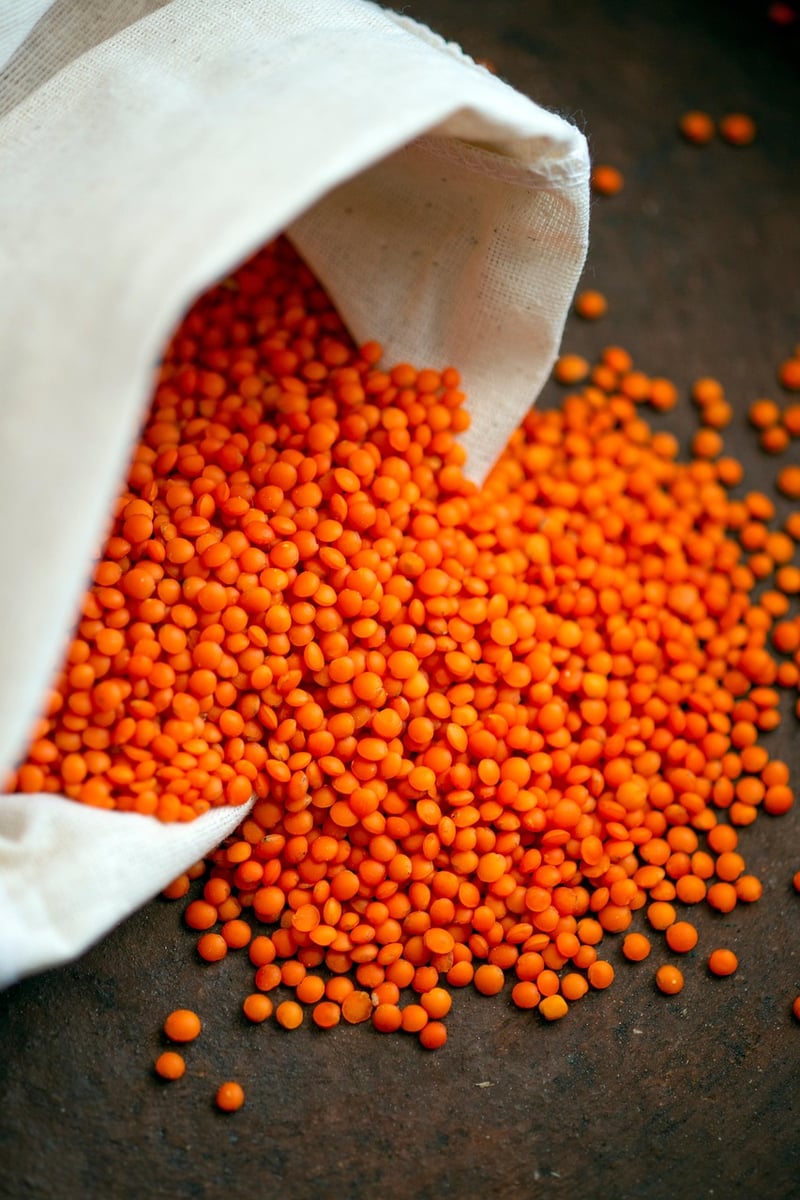Plant-based Alternatives
Exploring Key Components of a Plant-based Diet and Plant-based Alternatives
Introduction to Plant-based Diets
Plant-based diets have gained popularity in recent years due to their health and environmental benefits. These diets focus on consuming whole, minimally processed plant foods while reducing or eliminating animal products.
Key Components of a Plant-based Diet
- Fruits: Rich in vitamins, minerals, and antioxidants.
- Vegetables: Provide essential nutrients like fiber and folate.
- Whole Grains: Good sources of complex carbohydrates and fiber.
- Legumes: High in protein, fiber, and various vitamins and minerals.
- Nuts and Seeds: Offer healthy fats, protein, and micronutrients.
Benefits of a Plant-based Diet
Following a plant-based diet can lead to improved heart health, weight management, and a reduced risk of chronic diseases like diabetes and certain cancers.
Plant-based Alternatives
For those looking to transition to a plant-based diet or incorporate more plant-based options into their meals, there are numerous alternatives available:
1. Plant-based Milk
Options include almond milk, soy milk, oat milk, and coconut milk as dairy alternatives.

2. Plant-based Protein
Protein sources like tofu, tempeh, seitan, and legumes can replace meat in various dishes.

3. Plant-based Meat Alternatives
Brands offer plant-based burgers, sausages, and meatballs made from ingredients like pea protein and soy.

4. Plant-based Cheese
Cashew-based, almond-based, and coconut-based cheeses can be great alternatives to traditional dairy cheese.

Conclusion
Embracing a plant-based diet and incorporating plant-based alternatives into your meals can have a positive impact on your health and the environment. Experimenting with these options can lead to delicious and nutritious meals while reducing your carbon footprint.
